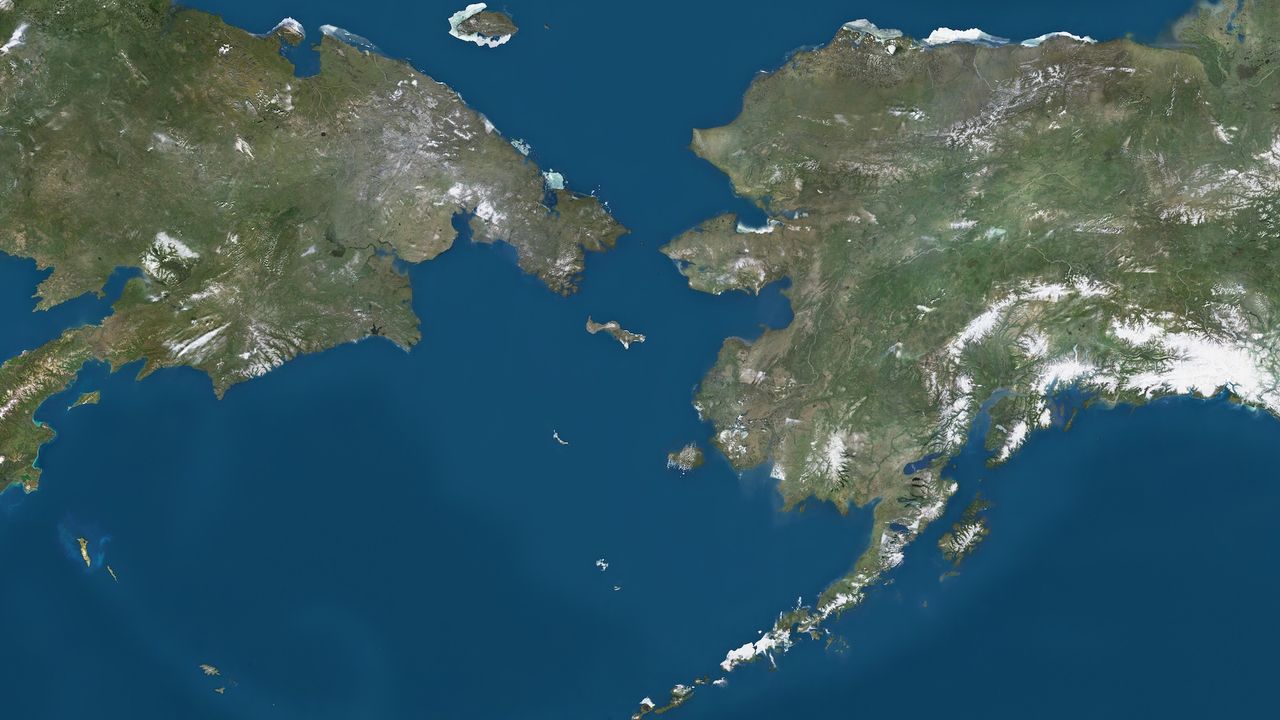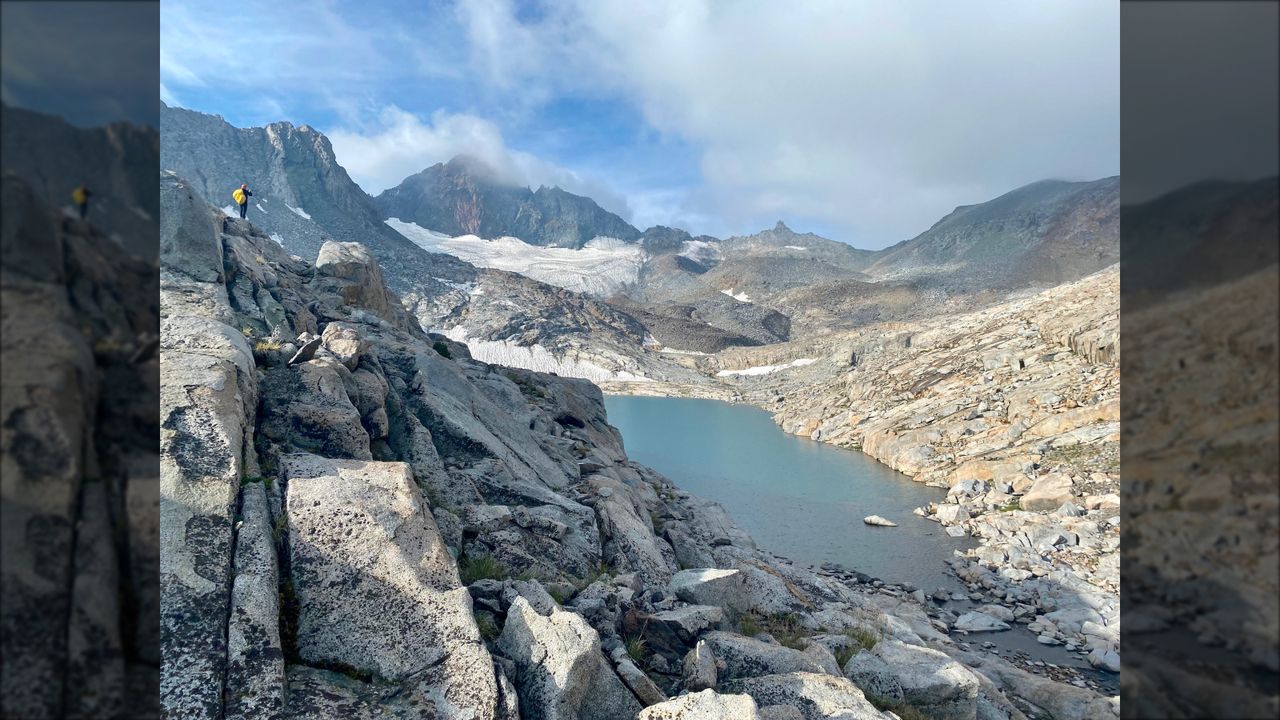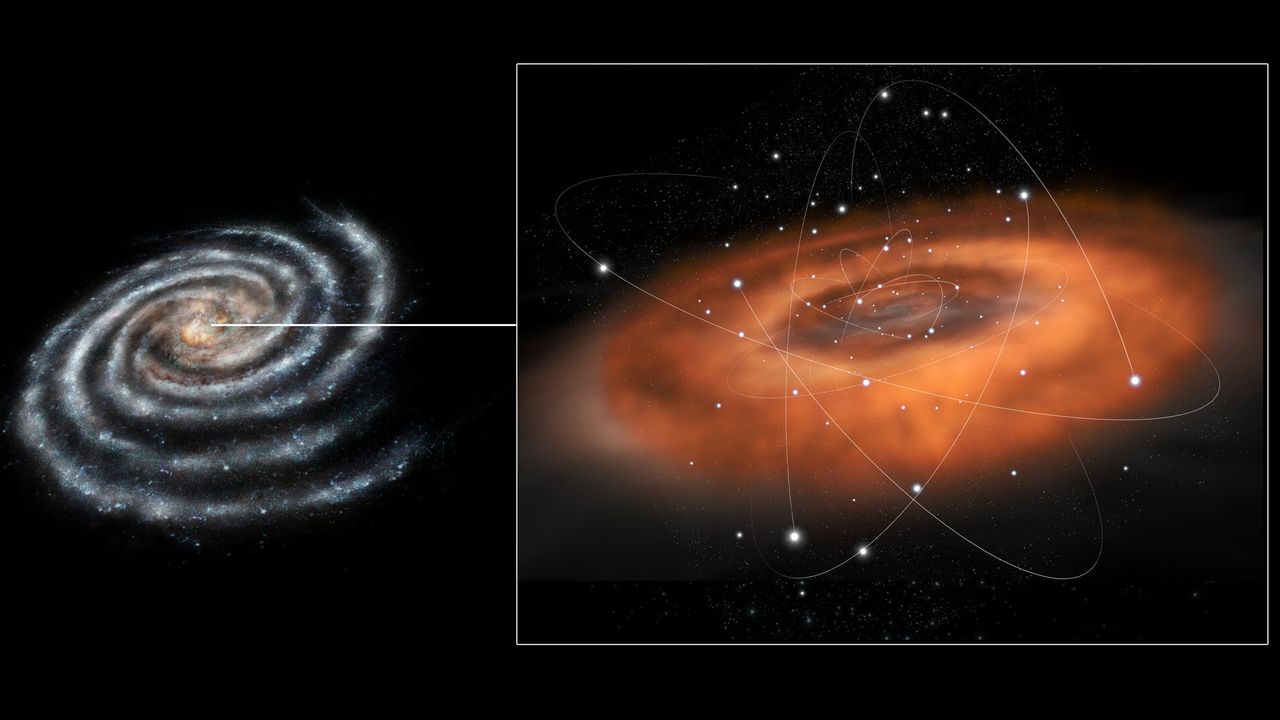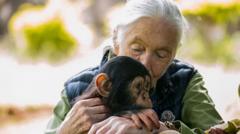Bering Land Bridge emerged much later than we thought it did, new study finds
NeutralScience

A new study reveals that the Bering Land Bridge likely emerged around 35,000 years ago, which is much later than previously believed. This finding is significant as it narrows the timeline for when humans could have migrated to North America, reshaping our understanding of early human history and migration patterns.
— Curated by the World Pulse Now AI Editorial System












